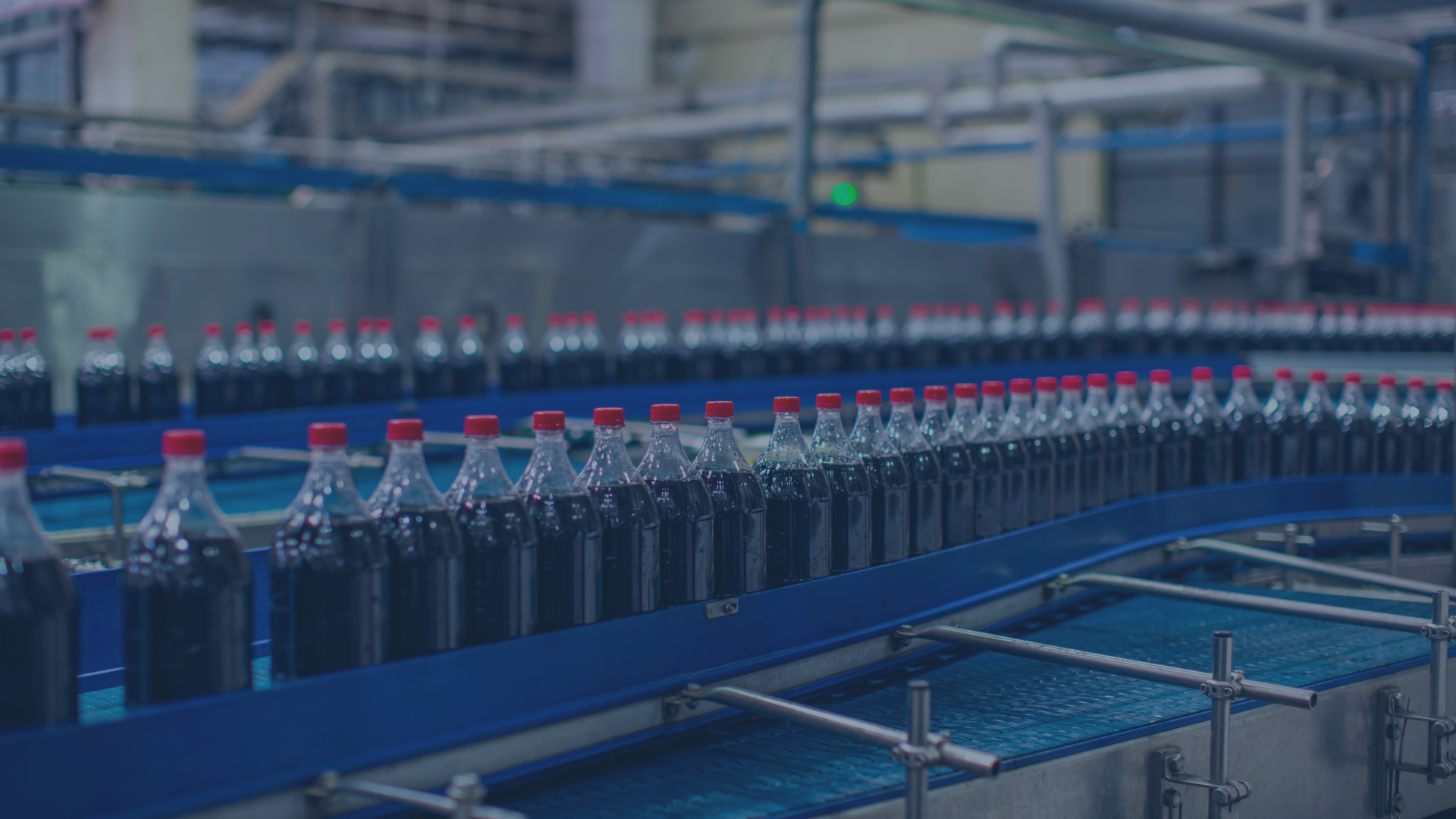
Leveraging ERP for Enhanced Decision-Making in Food and Beverage Manufacturing
An informed decision is always better than a guess. That’s why data is so important for food and beverage manufacturers today. With a food and beverage ERP (enterprise resource planning solution), manufacturers can upgrade their decision-making processes through better visibility and enhanced data and analytical capabilities.
The benefits of ERP data analytics in manufacturing are many. Here are some of the reasons why firms in the F&B space should have a modern food and beverage ERP in place.
Understanding Food and Beverage ERP
An enterprise resource planning solution (ERP) is an end-to-end backend software solution that enables company-wide operations and houses all data within a food and beverage manufacturing business. It serves as the nerve center for a manufacturing operation and encompasses financial management, operations, logistics, human resources, supply chain, customer relationship management, and all other departments within the organization.
By serving as a centralized backend system for running the entire business, a food and beverage ERP enables automation, better analytics, and artificial intelligence. This unified system boosts the decision-making capabilities of an organization significantly.
The Benefits of ERP Data Analytics in Manufacturing
There are several benefits of ERP data analytics in manufacturing, and it helps with decision-making.
While enhanced data analytics benefits businesses of all types, some of the ways that it improves decision-making for manufacturers include improved warehouse management, more accurate demand forecasting, better supply chain optimization, increased yield/throughput maximization, and tighter predictive maintenance.
Improved Warehouse Management
The analytical capabilities that come from food and beverage ERP enable streamlined warehouse operations. The data taken from demand forecasting can help optimize warehouse staffing during both slow and busy times and improve the placement and flow of warehouse pick and pack. Warehoused goods, both inputs and finished products, can also be accurately counted and tracked throughout the manufacturing lifecycle, informing purchasing decisions and production volumes.
With better warehouse analytics, food and beverage firms can tighten warehouse operations and uncover consistent patterns in warehouse mistakes.
More Accurate Demand Forecasting
Demand forecasting is essential for efficient manufacturing, and food and beverage ERP supports advanced demand modeling.
ERP systems can analyze customer purchasing data, weather trends, availability of raw materials, stock levels, and other factors to predict what customers are most likely to need or want in the future.
By accurately understanding needed production volumes both now and in the near future, food and beverage manufacturers can better align production capacity with demand more precisely.
Better Supply Chain Optimization
Supply chains have gotten more complex with resource nationalism and disruptions in global shipping lanes. Smoothing out supply chain bumps and navigating these complexities is easier with a food and beverage ERP.
With the analytical capabilities of ERP, manufacturers can examine complex supply chain data sets to identify risk, spot potential supplier bottlenecks that could slow production, and both develop and pivot to alternative suppliers when a normal supply chain is disrupted or becomes less cost-effective.
The ability to spot potential supply chain issues before they occur helps food and beverage manufacturers maintain a smooth flow of inputs and raw materials and make better production decisions.
Increased Yield and Throughput Maximization
The big data analytics and artificial intelligence baked into ERP help manufacturers better utilize assets. Yield-energy-throughput analytics can sort through large amounts of data to uncover practical insights on how to tweak production processes to maximize the efficiency and throughput of each piece of equipment, and to reduce waste.
For manufacturers that follow a lean methodology (and even those that don’t), the insights from ERP analytical capabilities allow for much tighter operations that cut manufacturing costs and equipment wear and tear.
Tighter Predictive Maintenance
Equipment breakdown is a persistent hazard for manufacturers, as it can halt production lines and delay schedules. One of the lesser-known benefits of ERP data analytics in manufacturing is the ability to proactively predict equipment breakdown so maintenance can be scheduled and carried out before it harms production schedules.
Predictive analytics can determine when a piece of equipment is likely will start to fail, and how, enabling food and beverage manufacturers to fix or maintain equipment before it breaks down and schedule around this offline equipment more accurately. Predictive analytics can also be used to identify the root cause of equipment failure when combined with onboard equipment sensors.
Learn more about how ERP can help!
The benefits of ERP data analytics in manufacturing extend beyond just what we’ve mentioned above, and ERP also improves operations beyond data analytics.
We’ve been working with food and beverage manufacturers for more than 20 years as an SAP Gold Partner, and we’ve developed a prepackaged food and beverage ERP solution to make rollout smoother and more cost-effective.
To learn more about how ERP can help your business, contact one of our experienced consultants at (801) 642-0123 or by writing us at info@nbs-us.com.

